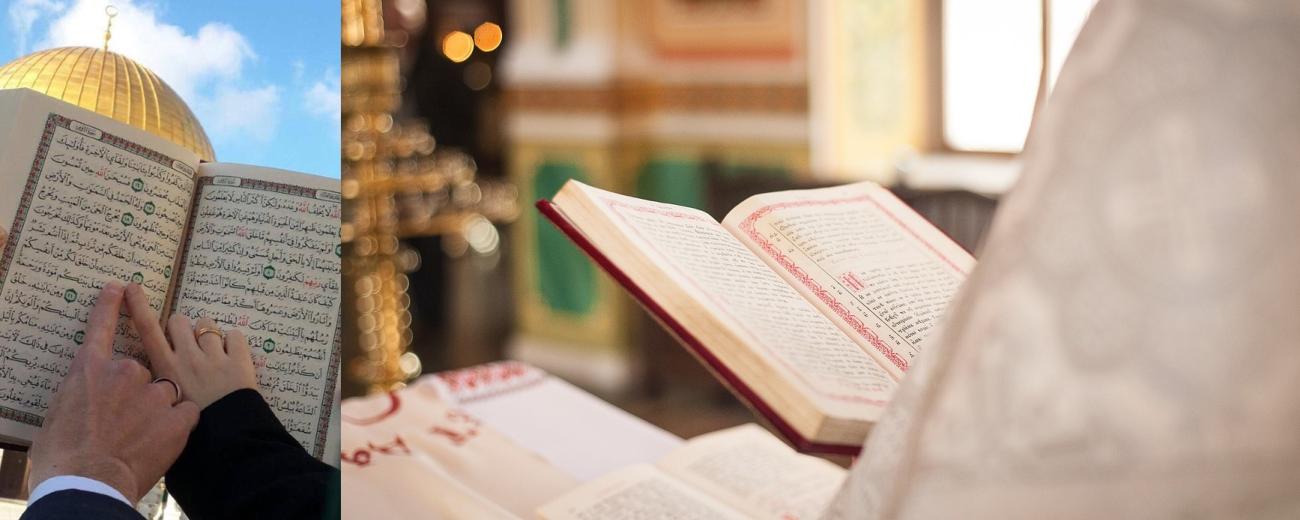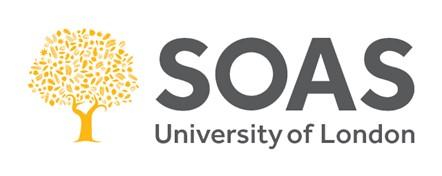
Findings from a study on domestic violence training approaches involving clerics in Ethiopia and Egypt: Exploring an inter-faith training approach for Christian and Muslim clerics

Key information
- Date
- Time
-
3:00 pm to 4:30 pm
- Venue
- Online via Zoom
- Event type
- Webinar
About this event
Abstract
The role of religious leaders and clerics in mediating marital conflict and responding to domestic violence in faith communities is well-established. Numerous programmes seek to build the preparedness of religious leaders and clerics to respond with sensitivity to the needs and risks faced by domestic violence victims and survivors and to leverage on their influence and religious authority in changing distorted or unhelpful understandings and attitudes in their communities. Many such trainings have tended to take a culture-sensitive and faith-specific approach, working with clerics of specific religious traditions and cultural contexts. Others have involved clerics of different faiths by taking a more generalising approach employing secular gender-based violence resources in a culturally sensitive manner. Generalist approaches could be limiting as they might homogenise domestic violence in different faith communities and are unable to respond to the theological sensibilities of each group. Approaches that are context-specific and theologically grounded are limited in their application and cannot easily be generalised beyond the faith community and group of clerics that they are created for. There is currently no accepted framework to conceptualise these different approaches, nor sufficient evidence about the advantages of one over the other.
In the current webinar, we will present findings from a study that was conducted in Ethiopia and Egypt that engaged Christian and Muslim organisations working with clerics to respond to domestic violence. The study explored the importance of religious teachings as a resourceful means in such trainings, the approaches used by faith-based programmes and organisations in Ethiopia and Egypt to engage clerics and talk about domestic violence, and the feasibility of an inter-faith training approach for clerics in these countries and what such an approach might look like.
The study was funded wit the support of the Interfaith Collaboration Prize 2022 awarded to Dr Romina Istratii and Dr Mahmoud Ali Gomaa Afifi by the Gingko Library, a UK-based charity that works to improve mutual understanding between the Middle East and North Africa (MENA) and the West.
Chair
Dr Barbara Schwepcke, founder and CEO of Gingko
Presentations
Dr Romina Istratii will present the study from Ethiopia by providing an overview of faith-based programmes and approaches used by five Christian and Muslim organisations that currently respond to violence against women and girls, including domestic violence, in the country. Dr Istratii will discuss their engagement with secular gender equality and gender-based violence (GBV) concepts and resources made available in the international development sector, the role of Church institutions and theology in such programmes, and prospective inter-faith directions in Ethiopia.
Dr Mahmoud Ali Gomaa Afifi will present the study from Egypt, which involved interviews with three women and one man involved in creating religious programmes to train imams on how to treat the issues of domestic violence. Dr Afifi’s presentation will examine the Muslim experience in Egypt in treating issues of domestic violence, commonalities with the Christian experience, and the possibility of developing multi-religious efforts to combat domestic violence.
The session will conclude with a synthesis of the findings and by presenting a conceptual framework that presents different clergy training approaches and the components of an effective inter-faith training approach.
The presentations will be followed by brief commentaries by two expert respondents:
Dr Sandra Pertek, Senior Research Fellow, International Development Department, University of Birmingham
Dr Olivia Wilkinson, Chief Technical Adviser, Joint Learning Initiative on Faith and Local Communities
A Q&A session will follow with the audience.
Registration
Please register on Eventbrite.
Contact
If you have any questions about the webinar, please reach out to the organisers, Dr Mahmoud Afifi (ma178@soas.ac.uk) and Dr Romina Istratii (ri5@soas.ac.uk).
Organisers
School of History, Religions and Philosophies, SOAS with the support of the Gingko Library




